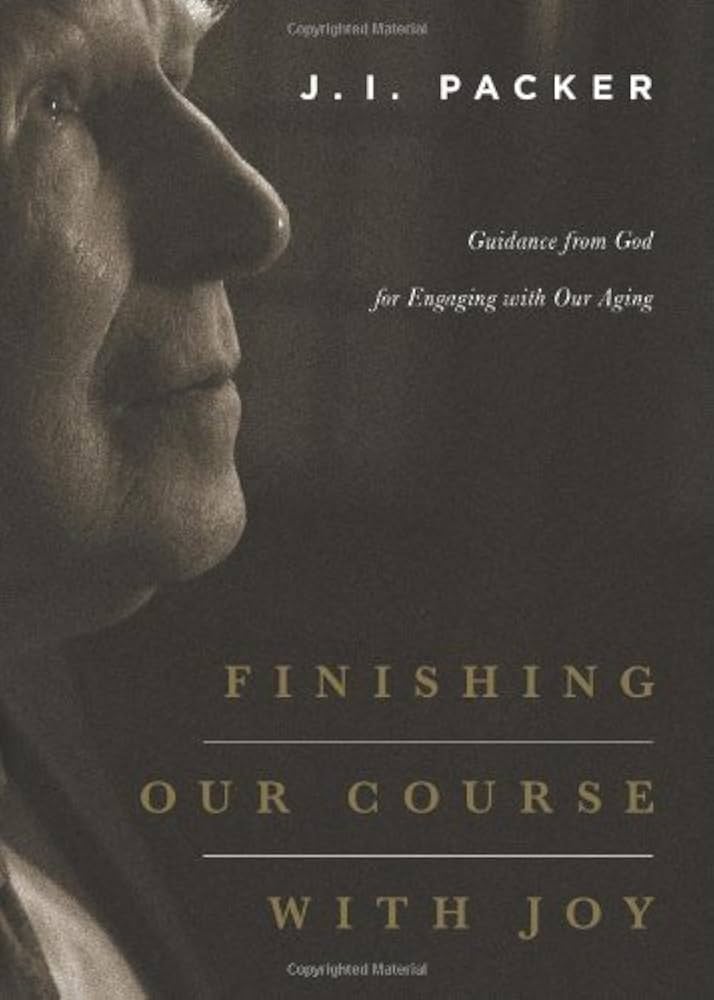 Four days in June
2012 were set apart for celebrating the diamond jubilee of Europe’s veteran monarch, Her Britannic Majesty Elizabeth II, Queen of the United Kingdom and the British Commonwealth. I, who am British by birth and Canadian by choice, resonated with the celebration and on day four, began to pen this book.
Four days in June
2012 were set apart for celebrating the diamond jubilee of Europe’s veteran monarch, Her Britannic Majesty Elizabeth II, Queen of the United Kingdom and the British Commonwealth. I, who am British by birth and Canadian by choice, resonated with the celebration and on day four, began to pen this book.
It addresses those who, like myself, are well into aging. Nowadays, we elderlies (as I have heard us called) are classified as younger olds (65–75), medium olds (75–85), and
oldest olds (85 plus). Queen Elizabeth, like her husband, is an oldest old; she is 87, he is 92.
The Queen is a very remarkable person. Tirelessly, it seems, she goes on doing what she has been doing for six decades and more: waving in shy friendliness to the crowds past whom she is transported, and greeting with a smile one and another, children particularly, whom she meets in her walkabouts. It is more than sixty years since she publicly committed herself before God to serve Commonwealth
citizens all her life. She has done it devotedly up to now, and will undoubtedly continue doing it as long as she physically can. So we may expect to see more of the porkpie hats and hear more of the clear, easy voice as her reign continues. She is a Christian lady resolved to live out her vow till she drops. She merits unbounded admiration from us all.
As myself a Christian, a Commonwealth citizen, and an oldest old with my own lifetime commitment to God, I aim to follow her
example of unflagging faithfulness, and I write these pages in hope of persuading others to do the same.
As I write, I am aware that some of my peers will not be fully with me at this point; not because their Christian commitment is less strong than mine, but because they are now limited in what they can think and do by reason of their physical health breaking down or, more sadly, some form of dementia, that is, impaired working of the mind due to malfunction of the brain. For
us in the oldest-old class, these things are usually irreversible.
It is true that modern medicine and surgery keep our bodies going longer, and some think it will be possible to extend ordinary people’s bodily lives to something like 120 years. Yet who would choose that prospect if they thought that for up to half a century, certainly more than a third of their extended life, they would be victims of dementia? This is a possibility that can hardly be ruled out, for already
one in four of us oldest old experience dementia in some form, and clearly the odds will shorten the longer our lives last.
Be that as it may, these pages address those who, by God’s grace, still have their faculties more or less intact; who recognize that, as is often and truly said, aging is not for wimps; and who want to learn, in a straightforward way, how we may continue living to God’s glory as we get older.
J. I. Packer, Finishing Our Course with Joy:
Guidance from God for Engaging with Our Aging (Wheaton, IL: Crossway, 2014), 11–14.